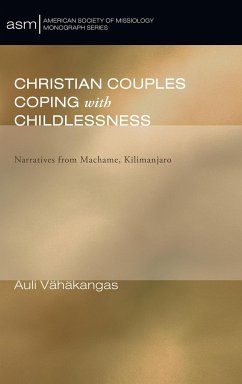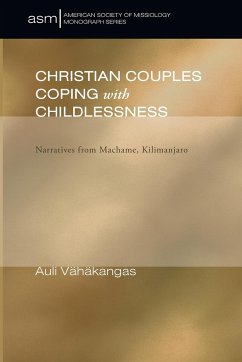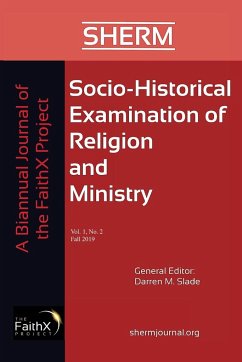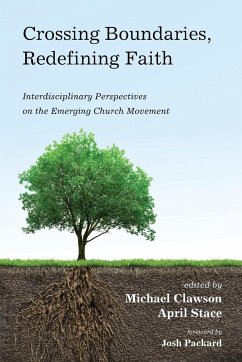Children are the focus of marriage in African cultures. Marriage is considered full and functional only if the couple has children--in many cultures preferably a boy. Becoming a parent also contributes to one's full adulthood in the sense that childlessness blocks ascent towards full personal dignity as an adult person in the community. As a result, childlessness is often a major disaster for both of the spouses. It has social, economical, and personal consequences, quite often including divorce. This book explores in depth how childlessness is perceived, dealt with, and coped with in two Christian communities in Machame on the slopes of Mt. Kilimanjaro. Childlessness is approached through narratives of the spouses concerned and the members of their communities. Their stories reveal pain and courage, brokenness and strength, faithfulness and betrayal. Christianity presents itself in an ambiguous light, on one hand, pressuring spouses to keep up facades supporting oppressive structures. On the other hand, Christian faith provides childless couples with personal hope in the afterlife that the African traditional culture offers only to those with children. This study proves that childlessness is not only a personal but also a communal problem. Childlessness and the fear of having no children contribute to family structures and sexual behavior. In this way, they have a considerable impact on the spread of HIV/AIDS in Africa. However, this study reveals that the attitudes and practices towards marriage and children need not be petrified, but rather that traditions can, and do, change.
Hinweis: Dieser Artikel kann nur an eine deutsche Lieferadresse ausgeliefert werden.
Hinweis: Dieser Artikel kann nur an eine deutsche Lieferadresse ausgeliefert werden.








